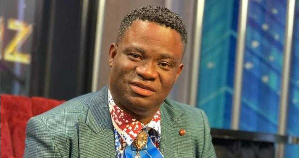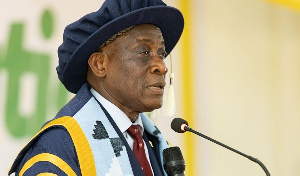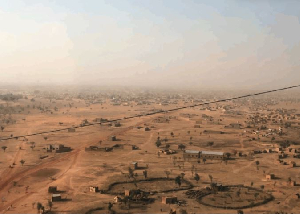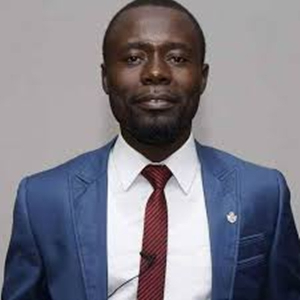Regional News of Tuesday, 25 August 2020
Source: GNA
GHS sensitizes adolescents health clubs in Wassa East District
The Ghana Health Service will roll out a set of interventions to educate adolescents and young people on Sexual Reproductive Health and Rights.
The focus is to use a wide range of activities to engage adolescents in high burden districts.
This is because Adolescents and young people represent the future of the Country and investing in their health and development would be beneficial to the socio-economic development of the country.
Ms Sandra Kuntu-Anaman, the Regional Focal Person for Adolescent Health and Development Programmes in the Western Region, that investment in the health and development of young people would be beneficial to the country’s socio-economic development.
She was speaking to the Ghana News Agency during a day's sensitization programme for selected Adolescents Health Clubs in the Wassa East District of the Western Region.
The sensitization programme was under the auspices of the UNFPA and the Canada project in collaboration with the Regional Coordinating Council.
The Ghana Health Service, which is one of the implementation partners, through its Adolescent Health and Development Programme identifies the out of school young people as a priority population for intervention activities.
"Adolescence is the transition from childhood to adulthood. This period is when young people become aware of their sexual and reproductive capacities as well as needs and consequently rely on their families, peers, schools and health service providers for affirmation, advice and information.
This transition may catalyse a range of challenges including HIV infection, other sexually transmitted infections (STIs), unintended pregnancy, low education attainment or dropping out of education and training."
Ms Kuntu-Anaman said physical health and non-health challenges may also impact negatively on young people’s development and welfare, particularly young women.
She said the Ghana Health Service, in line with its mandate, implemented programmes and interventions to provide comprehensive health services and accurate information on health to enable young people to make healthy choices.
The Regional Focal Person said because the young people were not a homogenous group, they needed multi-component of interventions to ensure total health benefits.
She said the GHS took advantage of different platforms, including the establishment of school-based adolescent and youth-friendly health services to reach all categories of young people.
The service providers are trained to address the health issues of adolescents in schools and make referrals to appropriate facilities and institutions where necessary.
"However, not all adolescents and young people are in school and so in keeping in line with the principle of universal health coverage there is the need to design other interventions and programmes for adolescents and young people who are not in school to ensure that no one is left behind," she added.
She said improved access and use of adolescent and youth-friendly health services among vulnerable and under-served young people was paramount.
Ms Kuntu-Anaman said out-of-school young people were hard to reach with sexual and reproductive health information and services.
The Focal Person said the GHS recognised this group and based on documented evidence on how to reach the out-of-school with SRH services, a set of interventions were selected for focus.
Community Health Nurses who lead these clubs at the sub-districts praised the UNFPA and Canada project for supporting their activities.
Ms Sheila Ampadu, the public health nurse for Wassa East District, encouraged the members of the Health Clubs to be good examples for other Adolescents to emulate.
She said it was better to abstain from sex at the early stage in life and urged the adolescents to always remember that rights came with responsibilities.
Ms Ampadu mentioned the SRHR services that are available at health facilities as counselling, health education, Family planning, ANC, and skilled delivery, among others.
She encouraged adolescents to visit the health centres for any of the services.
Ms Ampadu said testimonies showed that communities, which were previously leading in adolescent pregnancies, have recorded zero figures with the inception of the adolescent health clubs in the schools and communities.
Participants, who were drawn from Atobiase, Daboase, Essaman and Brofeyedur, pledged their commitment to abstain from early sexual activities and focus on their education.
Entertainment











